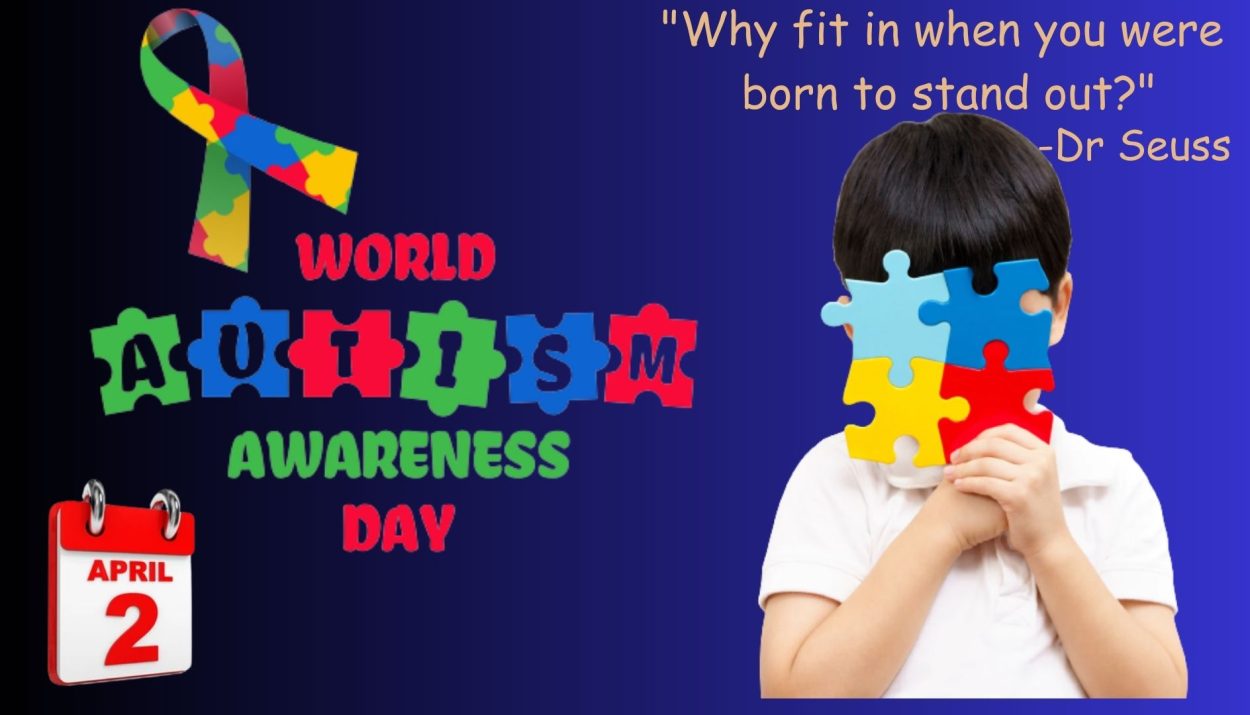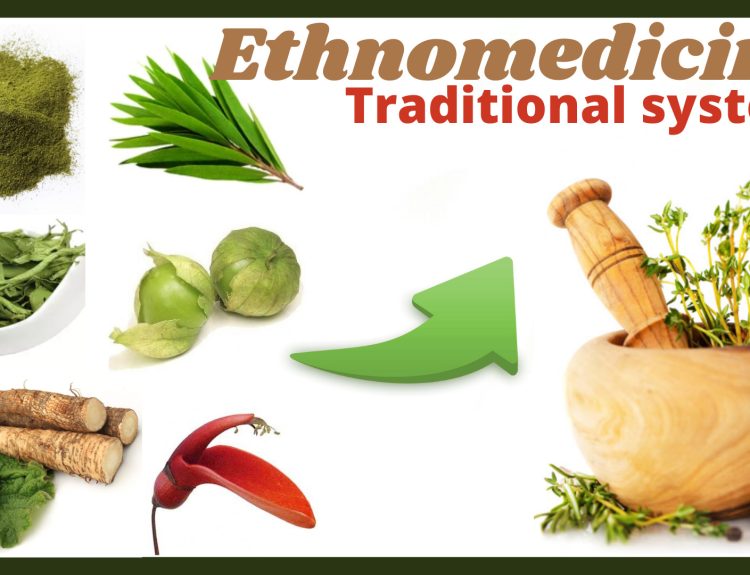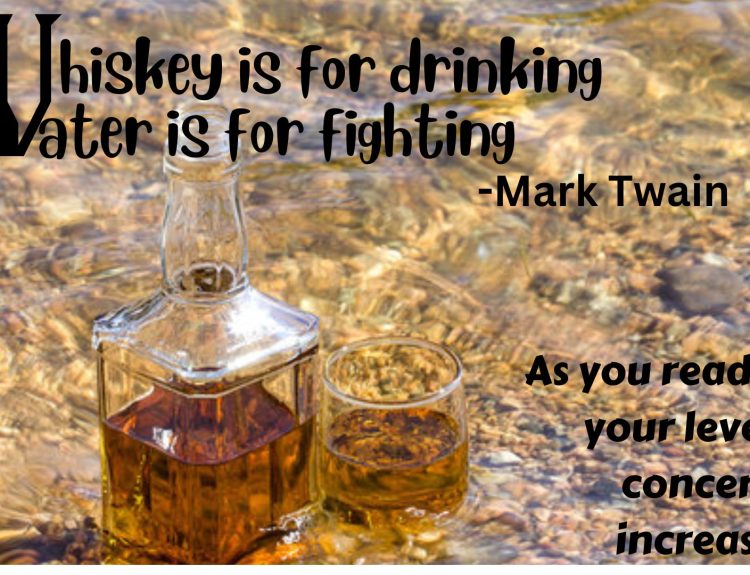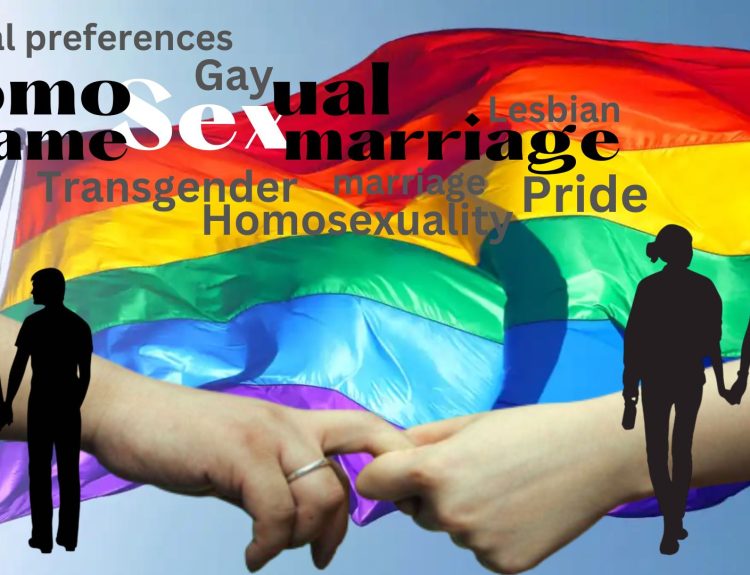World Autism Awareness Day is observed on April 2nd, as declared by the United Nations General Assembly to raise awareness about the necessity of enhancing the quality of life of individuals with autism, enabling them to participate fully and meaningfully in society. However, there are significant challenges to overcome, including stigmatization and discrimination against those with neurological differences, which impede accurate diagnosis and access to therapies.
What is Autism?
Autism, also referred to as Autism Spectrum Disorder, is identified by symptoms that include difficulties in social communication and interaction, as well as repetitive and restricted behaviours. It is a multifaceted developmental disorder resulting from abnormal brain organization that begins early in development. It is a lifelong condition.
It is usually diagnosed in early childhood and symptoms can vary widely from person to person. Sensory problems such as sensitivity to sound, light, or touch are also common among individuals with autism. Some individuals with autism may have significant difficulty with communication and require lifelong support, while others may have mild symptoms and be able to live independently. Many appear to be asocial and avoid eye contact.
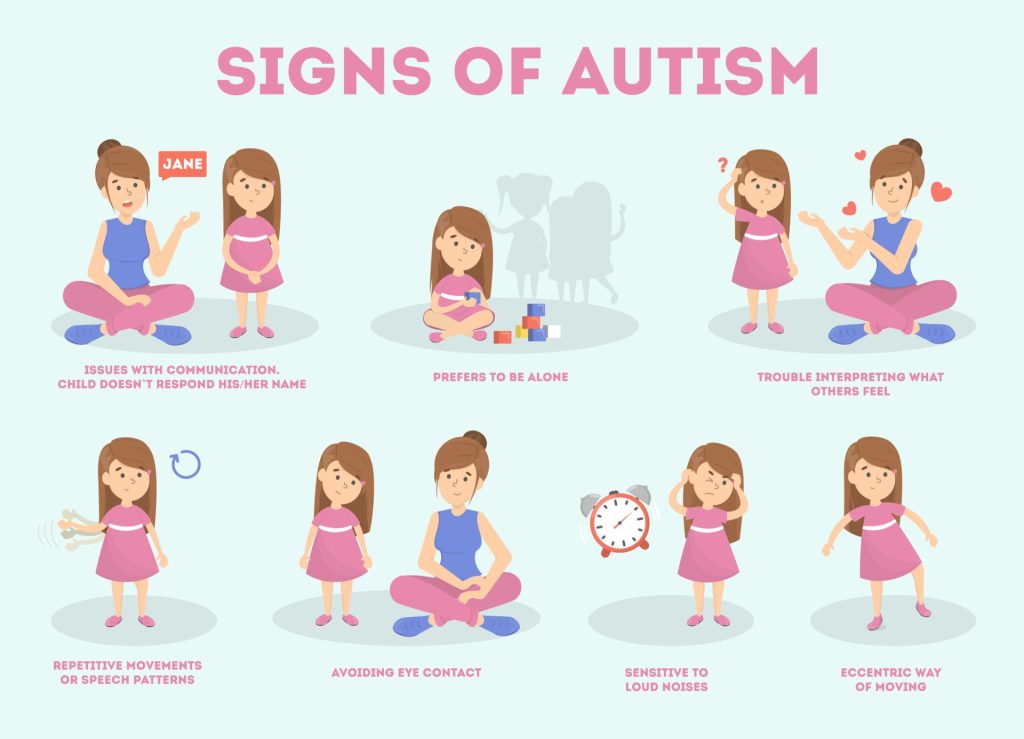
There are certain instances where Autism Spectrum Disorder (ASD) may coincide with exceptional abilities in fields like visual memory, music, art, mathematics, and science. It is important to note that every individual with ASD is distinct and has their own set of characteristics. These children are highly intelligent and have immense potential and a keen interest in specific areas. Each person with ASD is unique.
People with autism may have additional health problems, including sleep disturbances, attention-deficit/hyperactivity disorder (ADHD), anxiety, depression, and gastrointestinal disorders. There is currently no known cure for autism, but early intervention and therapy can help individuals with autism improve their communication and social skills, manage their behaviours, and lead fulfilling lives.
Read- Marburg Virus Disease
How can we celebrate World Autism Awareness Day?
There are many ways to celebrate World Autism Awareness Day, including:
- Wearing blue, which is the official colour of autism awareness.
- Sharing information about ASD on social media or with friends and family.
- Participating in events or activities that raise awareness and support the autism community.
- Donating to an autism advocacy organization or a local autism service provider.
- Showing kindness, compassion and acceptance to individuals with autism and their families.
What can we do to support the autism community year-round?
While World Autism Awareness Day is an important opportunity to raise awareness and promote acceptance, it is also essential to support the autism community year-round. Some ways to help individuals with autism and their families include:
- Educating yourself about ASD and the challenges faced by individuals with autism and their families.
- Advocating for policies and programs that support the needs of individuals with autism and their families.
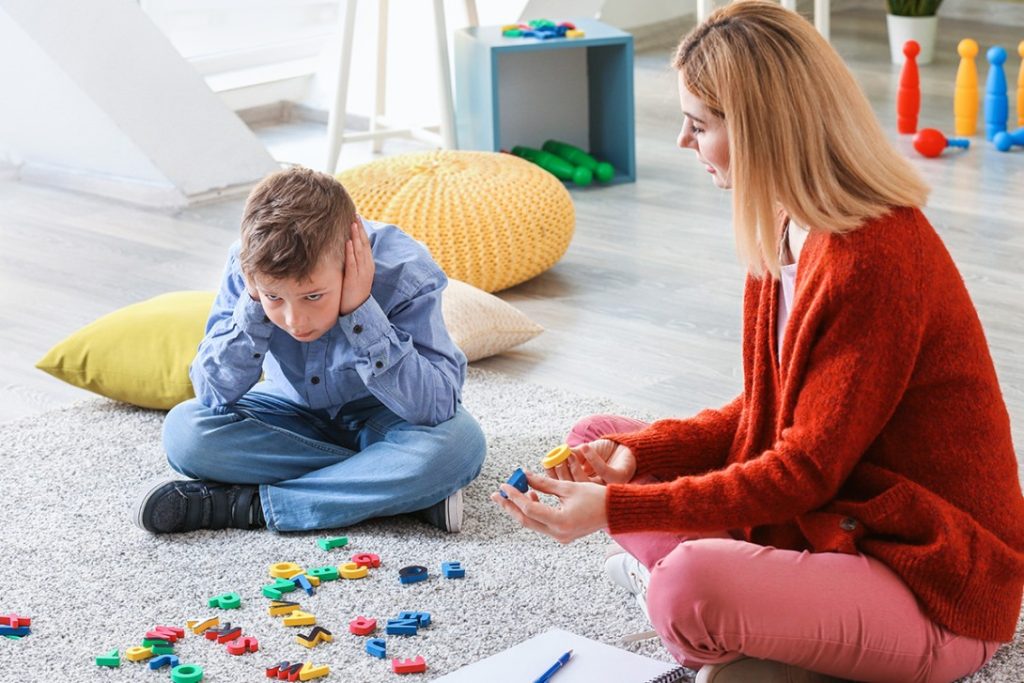
- Volunteering or donating to organizations that provide services and support to individuals with autism and their families.
- Providing a safe and inclusive environment for individuals with autism in your workplace or community.
- Showing kindness and acceptance to individuals with autism and their families in your daily interactions.
Way forward
The presence of communication difficulties does not necessarily indicate the existence of intellectual disabilities. Instead, it implies the need for alternative methods of assessing intelligence. Each individual on the autism spectrum, regardless of age, possesses distinct talents, personalities, and obstacles.
Autism cannot be defined by a single characteristic. Instead, it offers an opportunity to explore a fresh perspective on how to view the world and appreciate those with autism for their uniqueness. Policymakers must tackle this issue to ensure that individuals with autism are treated with dignity and provided with the support they need to thrive.
Regardless of whether you or someone you love has autism or you simply wish to promote a community that is inclusive, tolerant, and compassionate, let us unite and commit to making a positive impact by empowering individuals with autism to achieve their full potential. Together, we can create a truly inclusive world, where everyone is valued, respected and able to thrive.
Read more-
World Autism Awareness Day– WHO


